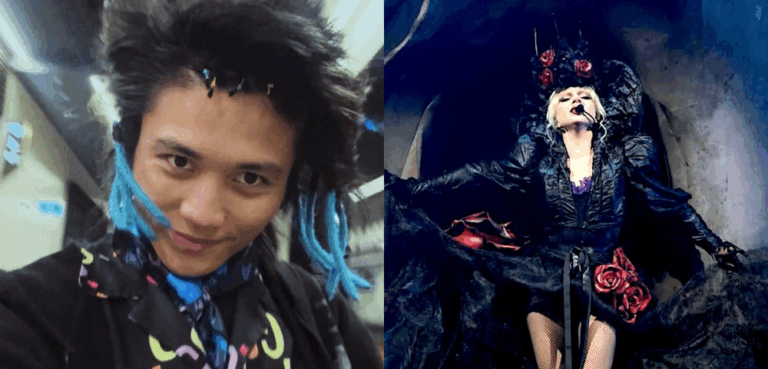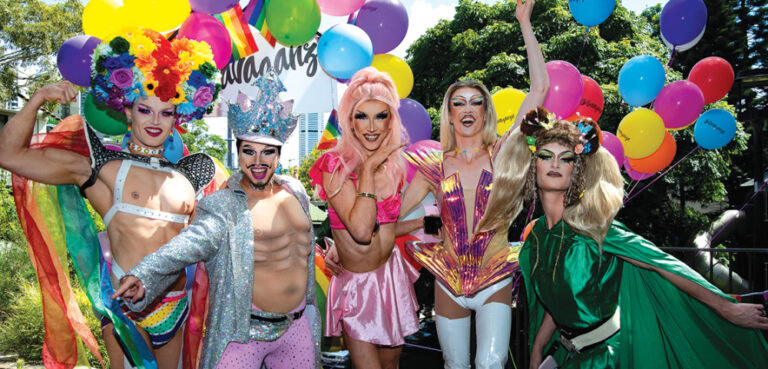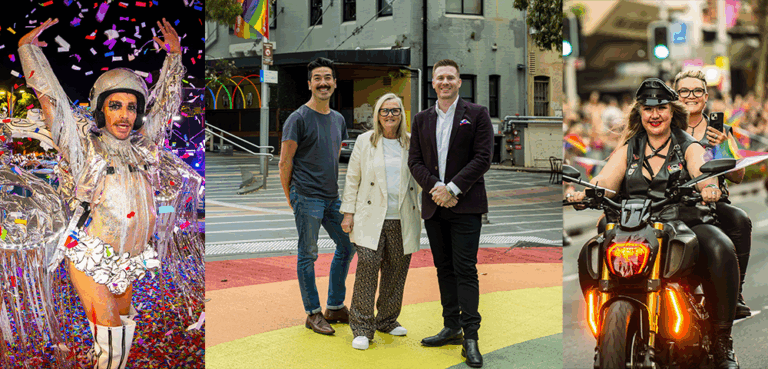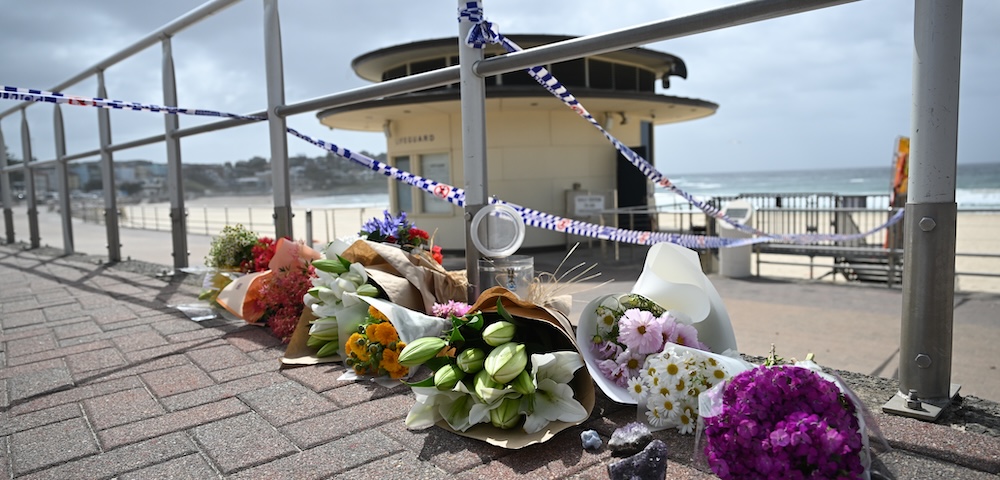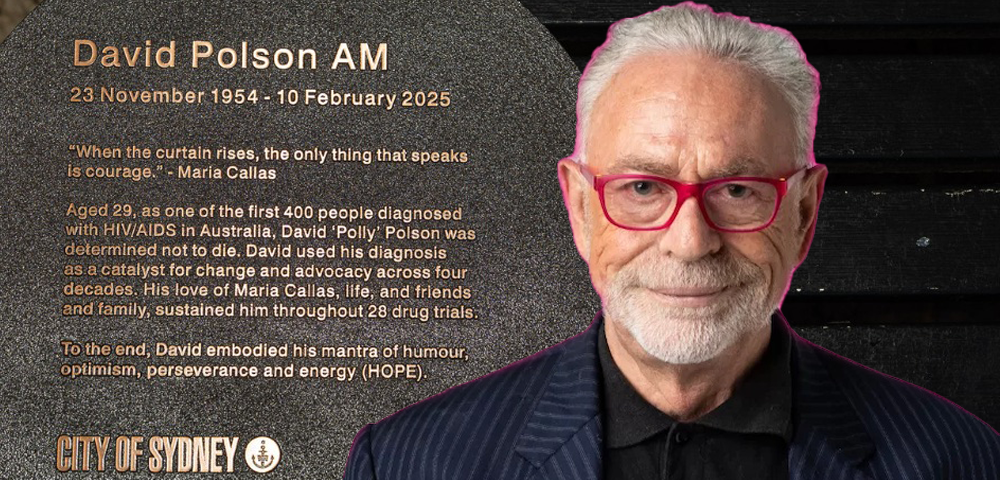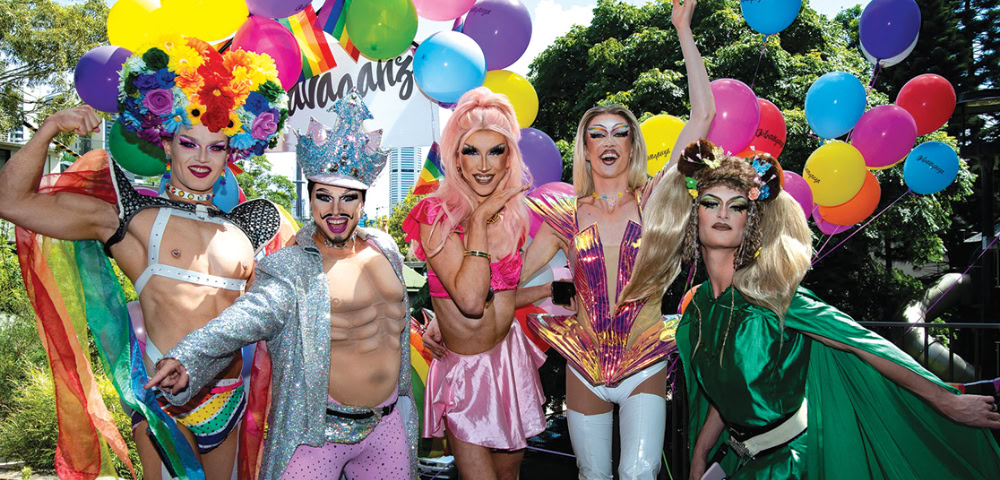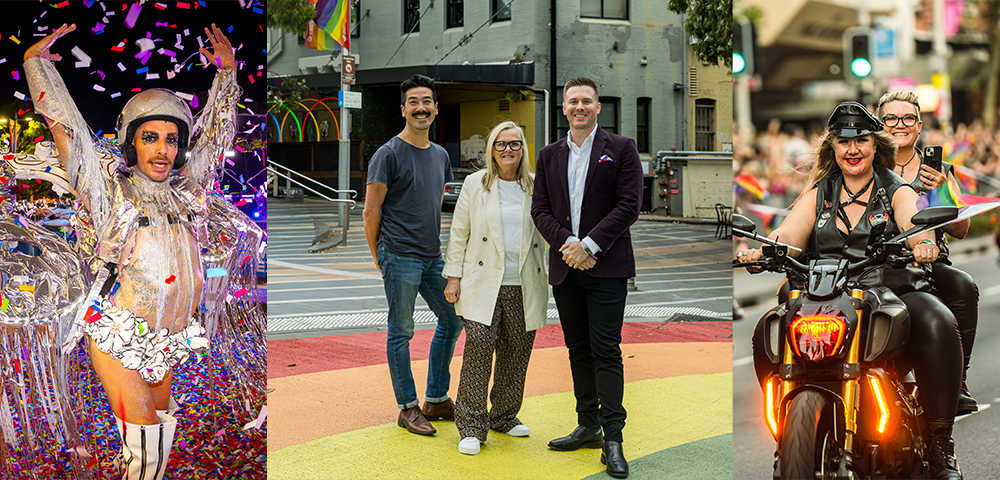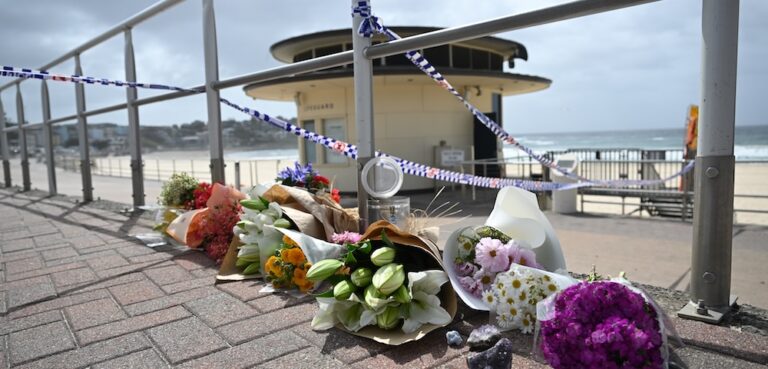
Gay MPs win in NZ election
New Zealand will have a record number of openly LGBT parliamentarians after a knife’s-edge election last Saturday that saw the incumbent Labour Party win just one more seat than its National Party opposition.
At least five gay, lesbian or transgender politicians will sit in the new 122-member parliament, probably led by a minority Labour government.
In its last term, NZ parliament had three out LGBT members.
Labour leader and caretaker prime minister Helen Clark was trying to piece together a government this week with the support of minor parties, after Labour won 50 seats on election day, to the more conservative National Party’s 49.
Final results, including absentee votes, are due by 1 October.
Openly gay Labour MP Tim Barnett, who helped steer NZ’s Civil Union legislation including same-sex couples through parliament, will return to Wellington. He will join another gay Labour MP, Chris Carter, and transgender Labour member Georgina Beyer.
Labour’s Maryan Street, the first NZ election candidate to campaign as an open lesbian, will also head to parliament.
We have had lesbian MPs in the past, but they have come out when they’ve been in parliament. So this is a first in that sense, NZ LGBT activist Calum Bennachie told Sydney Star Observer.
But the most surprising first is that the National Party has an openly gay MP as well, Bennachie said, referring to the success of first-time electoral candidate Chris Finlayson.
A sixth gay candidate, Labour’s Charles Chauvel, could become an MP once special votes are counted.
Bennachie, who advised the previous Labour government on the Civil Union bill that became law last December, said the fact both major parties would have gay MPs was significant.
It will have some impact on parliament as a whole because having an openly gay MP in your party allows you to see and understand some of the issues that affect LGBT people, he said.
That will have an effect in that sense.
The progressive Greens and the family-focused United Future party -“ which opposed the Civil Union bill -“ are among the parties who might support a minority Labour government.
But it was too soon to say how the new parliament would approach LGBT reform, after a campaign in which gay and lesbian issues did not feature prominently, Bennachie said.

